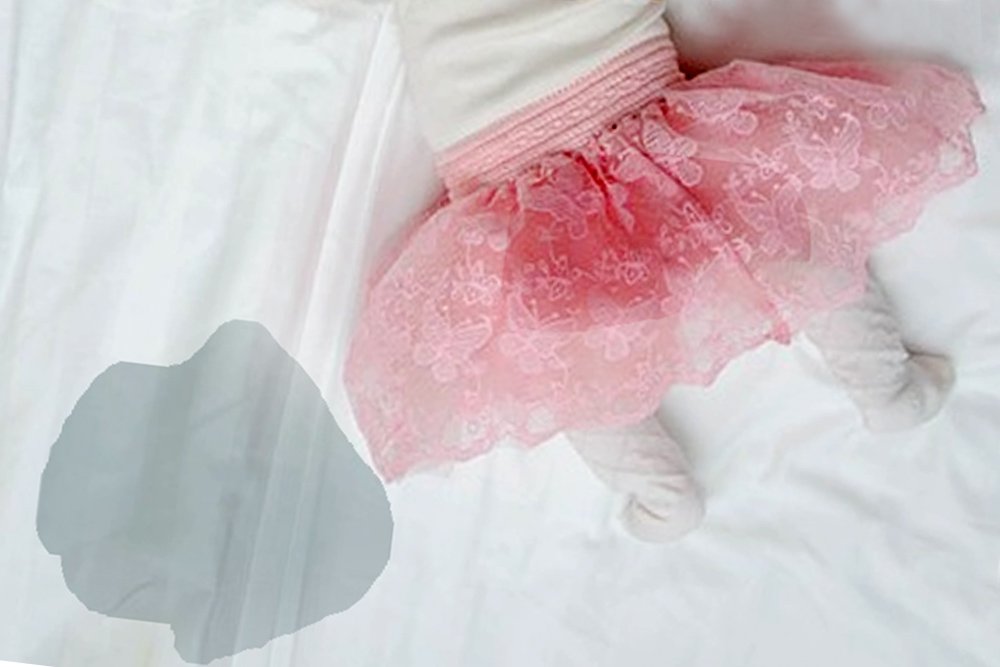Table of Contents (click to expand)
The reason we don’t pee when we’re asleep is because the brain, recognizing that the body is at rest, increases the production of the antidiuretic hormone (ADH). The excess ADH forces the kidneys to reabsorb any water passing through and recirculate it into the bloodstream. As a result, absolutely no urine is produced.
It’s strange how we feel the urge to urinate involuntarily throughout our waking hours, but rarely when we are asleep. Have you ever wondered why that is? What physiological sorcery saves us every night from the ordeal of waking up from the most pleasant of slumbers and stumbling to the washroom, only to return to the bed fully aroused, unable to get back to sleep?

The Antidiuretic Hormone (ADH)
Our kidneys try to balance the amount of water stored in our bodies by absorbing some of the water and recirculating it into our bloodstream, while also extricating some and venting it through the urethra in the form of urine. While dehydration is dangerous for obvious reasons, overhydration is also dangerous, as a surplus of water will dilute the salts necessary for our survival.
The hormone responsible for the absorption of water is known as vasopressin, or the antidiuretic hormone (ADH). Synthesized in the hypothalamus, its activation signals the kidneys to reabsorb the water passing through it to ensure that we aren’t dehydrated, while its deactivation signals the kidneys to allow water to pass through, ensuring that we aren’t overhydrated.
You must have noticed (or experienced) how someone who is drinking alcohol suffers from the perpetual urge to urinate. Alcohol makes you pee because it is a diuretic, a substance that promotes the increased production of urine.

Alcohol suppresses or inhibits the responsiveness of the ADH or vasopressin receptors located on the kidney’s membrane. The repercussions are obvious: the kidneys, which are now blinded to the signals from the alcohol, interpret their paucity as consent to let all the water pass through. In other words, your kidneys will cease to reabsorb any water for recirculation in the blood.
Thus, the simple reason why we don’t feel the urge to urinate when we’re asleep is that the brain, recognizing that the body is at rest, increases the production of ADH. The excess ADH forces the kidneys to reabsorb any water passing through and recirculate it into the bloodstream. As a result, absolutely no urine is produced.

Also Read: Why Does Alcohol Make You Pee?
Why We Still Tend To Pee At Night
Of course, we know that this isn’t completely true. The suppression isn’t absolute. People, every now and then, do go through the ordeal of waking up from the most pleasant of slumbers and stumbling to the washroom.
Our kidneys actually do allow a small volume of water to pass and fill the bladder when we sleep; it is the urine’s gradual accumulation and the suppression of ADH as our Circadian Rhythm restarts (hopefully in the morning) that drive the irrepressible urge to pee when we wake up. However, the bladder is often already filled with so much urine that the tiniest of additions during the night fills the bladder to its maximum capacity.
The bladder can be almost entirely filled due to the consumption of alcohol (which, if you were paying attention, suppresses ADH and therefore exacerbates the problem), coffee, water or simply any liquid in the hours before sleep. The bladder then finds the resulting pressure overbearing; when it is completely filled, it signals the brain that it needs to be emptied… immediately!
Also Read: Why Do We Urinate More When It’s Cold?
How well do you understand the article above!

